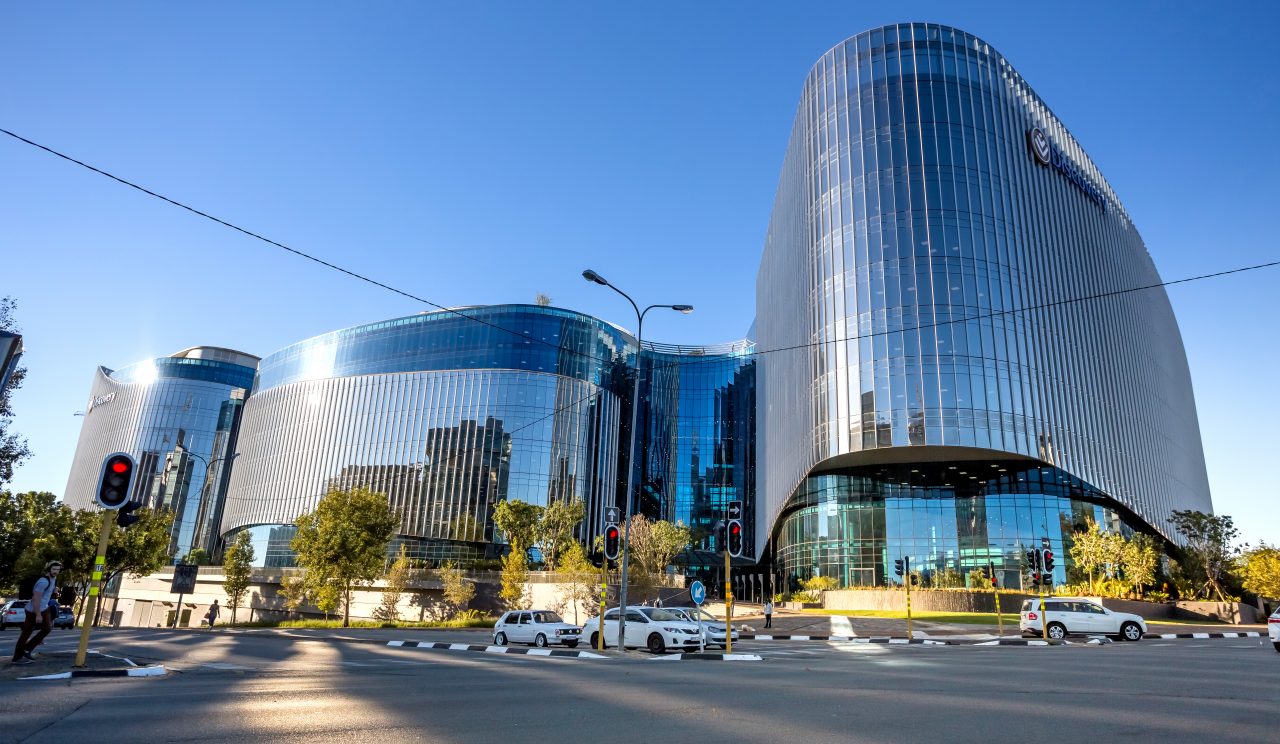Join GlobalBizzNetwork and start your international business network today.
Coaching & training
It is not surprising that a lot of companies specialized in training and coaching choose South Africa as their location to perform their training. Everything is available on location or with reach: the big city, rural area’s, the dessert, the jungle and the harsh mountain area’s. Add the incredible divers climate en colourfull inhabitants of South Africa and all ingredients are available for an interesting and exiting training.
BEE and the brain drain
Additional to this South Africa is an oase for new impressions en learning moments. To get the economy on track right after ending the apartheid the right people where needed for certain jobs. Vision and strategy was not present or developed. But where other countries seem to have problems with the intergration of diversity management South Africa seemed to have no problems. Ofcourse the BEE strategy was an unpopular but necesarry tool to make some changes happening. The new South African nation needed to be builded around this strategy. The result was however South Africa was suffering from a ‘brain drain’ as a lot of white South Africans who had the experience and knowledge left South Africa. Those who remained are where not willing to give up started on a big scale consultancy companies. This brain drain still effects the South African economy and HR specialist say that the effect of BEE is causing now more damage to the South African economy than it does goed for the black South Africans. It will take at least one whole generation to catch up with the damage done by the apartheid in the HR field. An more mild BEE strategy is called for who is more suitable for the South Africa of the 21st century. You see that for instance callcentres still hire people from abroad because they still can not find the right people in South Africa for their vacancies.
Brain drain reversed
South Africa’s “brain drain” problems have been reversed over the past few years, thanks in part to weak economies elsewhere , a continuing trend that bodes well for local business. An Adcorp employment report released in 2014 shows that since the global financial crisis began in 2008, a net 359,000 high-skilled South Africans have returned from foreign work assignments. South Africans who emigrated 10 years ago during the worldwide economic boom from 2004 to 2008 overestimated their job security in English-speaking countries like the US, the UK, Canada, Australia, New Zealand and so on. When the global financial crisis hit a significant uptick in the number of South Africans returning from abroad and looking for work in South Africa. Almost all who were returning had found work, and the jobless rate for high-skilled workers was as low as 0.4%.
About 52% of those returning had been hired in management positions. Management was the most critical shortage of any skills in South Africa. Professionals, which includes lawyers, doctors, engineers and accountants, made up 37% of those returning. Local purchasing power in South Africa was far higher than in other, more expensive countries, So South Africa looks vastly more attractive than the countries to which South Africans have traditionally emigrated’. The positive trend was likely to continue until the global economy recovered, which was “not going to be any time soon. Besides much-needed skills gains, local businesses would benefit from lower real wages for high-skilled staff as well.
South Africa still has a tremendous shortage of high-skilled workers and, as a result, South African companies struggle to find appropriately skilled people and they pay generally much higher than they would abroad. Substantial skills shortage was not being met by local supply, which meant restrictions on foreigners living and working in South Africa “should be relaxed”. Amendments to immigration laws had made it almost impossible for foreigners to find work in South Africa in addition to the BEE strategy.
Boitumelo Sethlatswe, a researcher at the South African Institute of Race Relations, said while a figure of 359,000 returning high-skilled workers sounded high, it was not completely surprising given the effect of the global financial crisis, and that it was over a period of five years. Ms Sethlatswe said as a result of the financial crisis — from which South Africa was somewhat sheltered — “it does make sense to come back home where perhaps the standard of living and prospects might seem better than where you currently are”. South Africa was “struggling to fill” skilled positions, which meant people with skills had better prospects in the country than elsewhere, and would have a good standard of living.
SA popular
Because of the excellent locations and available tools but in particular the need for training and good education brings a lot of HR training and coaching companies to South Africa. In South Africa numerous exhibitions in the HR branche are being organized where HR professionals from South Africa and abroad meet and do business.
Interesting reads:
Assessing the South African Brain Drain









